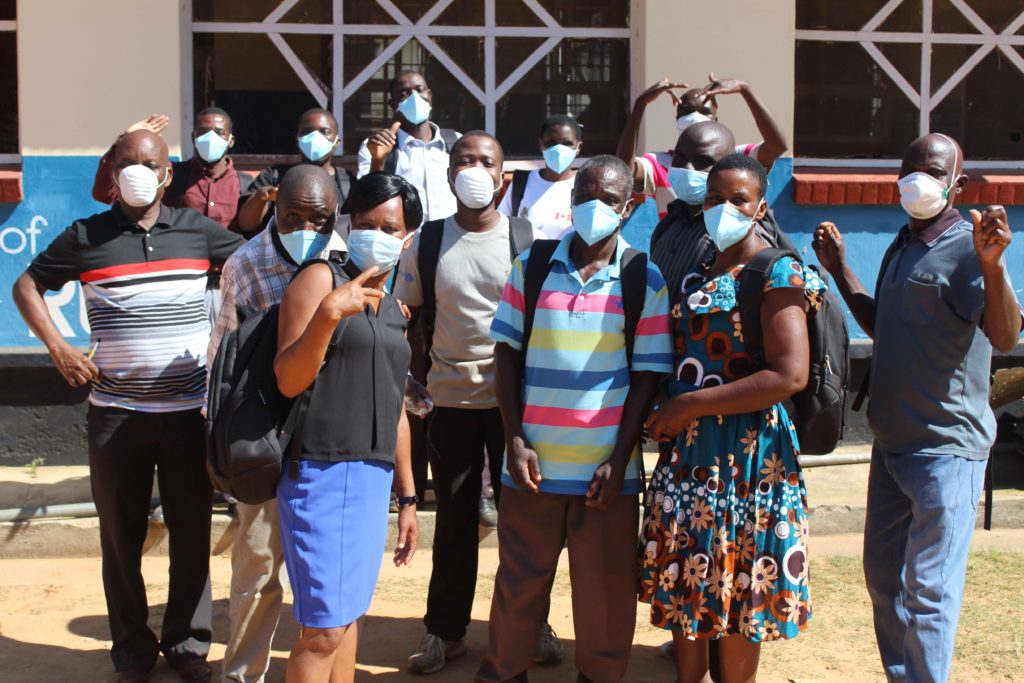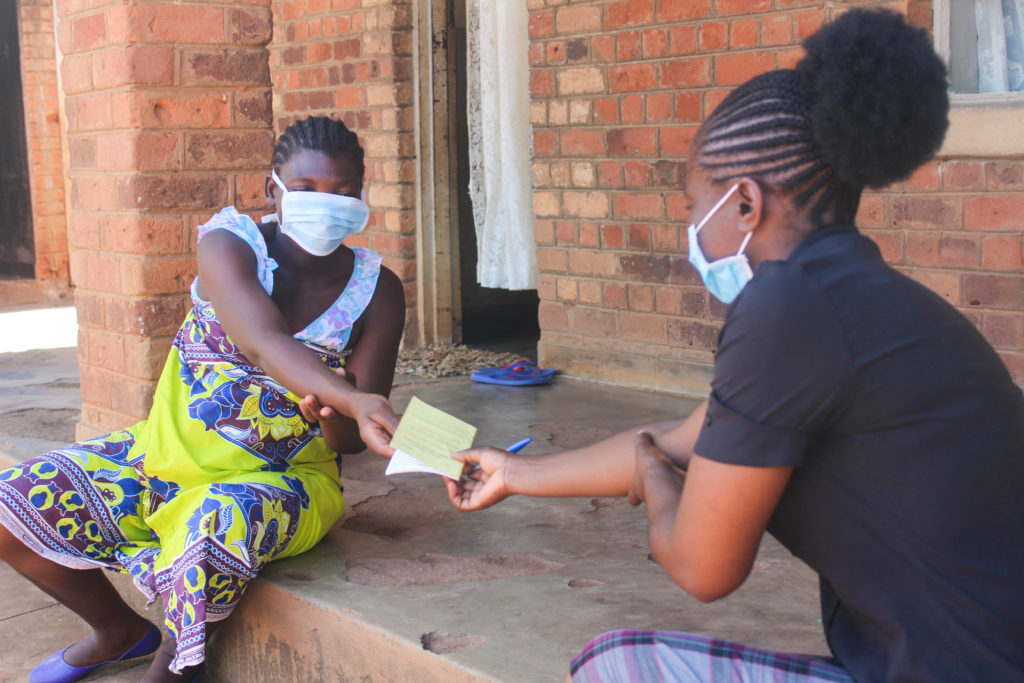Preventing Malaria among Pregnant Women in Malawi
Preventing Malaria among Pregnant Women in Malawi
Study Reveals Lessons for Community-Based Intermittent Preventive Treatment of Malaria in Pregnancy
Despite considerable progress over the last 20 years, malaria continues to pose a tremendous threat to the health of millions of people across the globe. While malaria transmission occurs in nearly 90 countries and territories, Africa bears the brunt of the global caseload, accounting for 95% of malaria cases and 96% of malaria deaths worldwide in 2020.
For pregnant women and newborns, the risks are especially high. Malaria in pregnancy (MiP) affects more than 30 million pregnancies throughout the continent each year and results in the deaths of an estimated 10,000 pregnant women and up to 200,000 newborns annually—a staggering figure for a disease that is both preventable and treatable.
While the World Health Organization has prioritized promoting intermittent preventive treatment in pregnancy (IPTp) via administration of an antimalarial drug to all pregnant women at each monthly routine antenatal care (ANC) visit—starting as early as possible in the second trimester—as the best way to prevent MiP, progress in increasing early uptake of this method has been limited over the last decade. With a path forward that could save hundreds of thousands of lives each year, why has scaling up IPTp proven so challenging—and how can we change that?

In Malawi, multiple systemic and logistical barriers prevent women from accessing the knowledge and care necessary to prevent MiP. Even cultural norms play a role. Deeply rooted traditional beliefs discourage early pregnancy disclosure, resulting in delays in receiving ANC. This can have severe—and sometimes fatal—implications for women and newborns. Combating this skepticism requires building trust between communities and care providers. Through the USAID-funded Organized Network of Services for Everyone (ONSE) Health activity, Management Sciences for Health (MSH) aimed to do just that.
For more than three decades, MSH has partnered with national governments, donors, and stakeholders in dozens of countries in the fight against malaria. Building on thorough analyses of the relationship between ANC and IPTp over nearly two decades of work in Malawi, MSH piloted an innovative model to increase uptake of IPTp through community-based health surveillance assistants (HSAs) under the ONSE activity. Due to their strong community ties, HSAs are uniquely positioned to educate women on MiP, recognize danger signs, and emphasize the importance of starting ANC early and continuing ANC services.
From November 2018 to July 2020, in partnership with the President’s Malaria Initiative at USAID and the US Centers for Disease Control and Prevention and in close collaboration with the Malawi Ministry of Health and the Malaria Alert Center at the College of Medicine, MSH conducted a study in Malawi’s Nkhatabay and Ntcheu districts to understand how HSAs could serve as bridges between communities and health systems in the fight against MiP.

The study found that women in intervention areas were more likely to receive IPTp during later stages of pregnancy than women in areas where community-based delivery was not implemented. Additionally, women in intervention areas were more likely to exhibit heightened awareness of the dangers of malaria and the value of IPTp as an MiP prevention measure.
“Our work has become easier now that we have these [mothers] and local leaders in the loop,” says Agnes, an HSA in Ntcheu who has observed a notable difference since moving to a community-based delivery model. Stuart, another Ntcheu-based HSA, shares these sentiments. “Before, the number of women dying because of different [malaria] complications was high,” he explains. Now, women in his community proactively seek out his support in receiving ANC and IPTp. “The study has brought about such a big change in our communities…I wish this was cascaded to the rest of the country.” This approach demonstrates that, by training and deploying HSAs as IPTp providers, we can bridge the gap between communities and health care providers, bringing us one step further along in the fight against malaria.